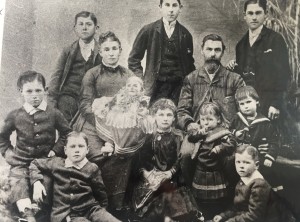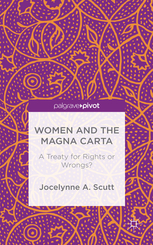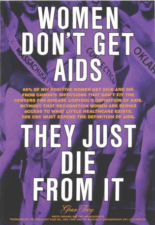A Short overview of the posts made during Women’s History Month on the Women’s History Network Blog
Part 1
Women’s History Month on the WHN blog has been celebrated with a variety of posts. Some of them demonstrate links between women from different countries, such as Ann Jones’ and Elizabeth Hope Doddrell’s 19th century stories; two new books were featured, one set in WW11 and the other investigating the ramifications of the Magna Carta for women. Turning from the academic and real life, to literature, the question was asked whether literature should be ethical. The lack of Blue Plaques dedicated to women was highlighted in news stories, and woven into these was detail related to blue plaques in Oxford that celebrate women. Commemoration of women in foreign missions provided two posts – the original publicising the event, and the follow up about the success of the event with additional information. Three posts featured quotes, one from Gloria Steinem celebrating her March birthday, Virginia Woolf’s comment on writing and Barbara Pym’s musings for some of her novels. A Western Australian woman’s analysis of the way in venereal disease was treated was a 1915 news story; another Western Australian woman politician from the 1930s gave advice to women wanting to enter parliament. A 1950s’ miners’ strike demonstrated the value of the women’s auxiliary. Women’s suffrage in Australia seemed topical with the debate associated with ‘Suffragette’. A university student’s causes beyond education, such as ‘holiday work’ and political demonstrations, and on a lighter note, a woman’s role as the first in scoring of the Test Cricket were stories of the 1970s.
Ann Jones (March 13) and Elizabeth Hope Doddrell (March 27), Ann from Scotland, Elizabeth a South African who settled in Australia had in common business acumen and husbands who were a drain rather than assistance. Ann had no children, while Elizabeth had a large family for which she was responsible. Ann divorced her first husband to protect her business from him, before the married Women’s Property Acts. Having achieved her own success, she remarried and provided her second husband with the support and determination to help him also to achieve. This he did, as research into Ann Jones’ life by Andrew Grant-Adamson (Jones was his step-great- grandmother) demonstrates.

Elizabeth was not as well protected by the law, as Denis Blight, her great grandson records. In the short term under a court ruling she no longer had to cohabit with him and gained custody of the children. However, in 1904 when she allowed him to return to the home – now her business, a thriving Coffee Palace – he had to pay board. By 1908, owing her money, she again took him to court but the order was unenforceable because she had agreed to have him in her home. Nevertheless, she seems to have survived this set back, becoming a well-respected and admired member of the community. Her continued use of the courts to enforce her rights suggests that she was loath to allow her entitlements to lapse and was determined in her pursuit of them.
 Excerpts from Jocelynne Scutt’s Women and The Magna Carta: A treat For Rights Or Wrongs? illustrate how courageous Jones and Doddrell were to use the law to enforce their demand to be treated as people with rights. A short, but telling excerpt March 8), reflects on the part that women played in devising the Magna Carta: none. No woman’s name appears, except in relation to a man. In part 2 (March 9) the question ‘Are Women Persons?’ argues that indeed if they are, they are certainly ‘lesser persons’.
Excerpts from Jocelynne Scutt’s Women and The Magna Carta: A treat For Rights Or Wrongs? illustrate how courageous Jones and Doddrell were to use the law to enforce their demand to be treated as people with rights. A short, but telling excerpt March 8), reflects on the part that women played in devising the Magna Carta: none. No woman’s name appears, except in relation to a man. In part 2 (March 9) the question ‘Are Women Persons?’ argues that indeed if they are, they are certainly ‘lesser persons’.
The other new book from which two excerpts were used for posts is Sarah Bryn Rickman’s WASP of the Ferry Command Woman Pilots Uncommon Deeds. Inez Woodward (March 16) and Jean Landis (March 17) are two such women and their stories (Woodward sleeping in almost a broom cupboard as protection from male pilots while waiting for her plane to be repaired and Landis, also with a plane needing repairs) are enlightening. The ‘transition from domestic life to military life’ is the theme of this collection and also underlies the fictional account of a woman ferry pilot which follows on the blog. Marge Piercy’s Gone To Soldiers also describes the mixture of exhilaration and frustration of being a ferry pilot and the devastation of the transition from military to domestic experienced by women pilots (March 18).




